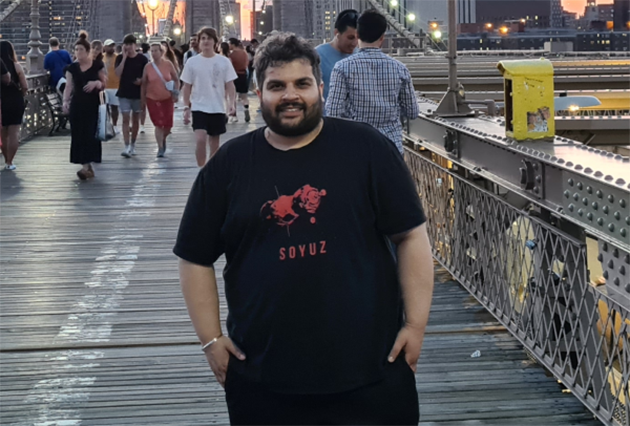How to become
You can get into this job through:
- a university course
- a college course
- an apprenticeship
- a graduate training scheme
University
You'll usually need a degree or postgraduate degree in:
- statistics
- mathematics
- economics
- operational research
- psychology
You may be able to apply for jobs if you have a degree in a subject that included statistics as part of your course, for example social science or geography.
Courses that give you the chance to spend a year in industry or get work experience through placements, internships or real business projects may give you an advantage when you are looking for graduate jobs.
Entry requirements
You'll usually need:
- 2 or 3 A levels, or equivalent, including maths
- a degree in a relevant subject for postgraduate study
More Information
College
You may be able to start by doing a T level in Digital Data Analytics. This could give you some of the skills you need to apply for a trainee position with a company.
Entry requirements
You'll usually need:
4 or 5 GCSEs at grades 9 to 4 (A* to C), or equivalent, including English and maths for a T Level
More Information
Apprenticeship
You may be able to start in a junior data analysis role through a Software and Data Level 2 Foundation Apprenticeship, or Data Technician Level 3 Advanced Apprenticeship.
You could go on to complete a Data Analyst Level 4 Higher Apprenticeship, or Data Scientist Level 6 Degree Apprenticeship.
If you want to work in health data analysis, you could do a Medical Statistician Level 7 Degree Apprenticeship.
Foundation apprenticeship
You can apply for a foundation apprenticeship if you're aged 16 to 21.
If you're aged 22 to 24, you can apply if you:
- have an education, health and care (EHC) plan
- are in care or have been in care
- are in prison or have been in prison
Entry requirements
You'll usually need:
- no specific qualifications or experience to apply for a foundation apprenticeship
- 5 GCSEs at grades 9 to 4 (A* to C), or equivalent, including English and maths, for an advanced apprenticeship
- 4 or 5 GCSEs at grades 9 to 4 (A* to C) and A levels, or equivalent, for a higher or degree apprenticeship
More Information
Volunteering
You can develop your professional skills and gain real work experience by helping community organisations and charities. For example, with the Royal Statistical Society.
Other Routes
You can apply to join the Government Statistical Service (GSS) as a trainee through the Civil Service Fast Stream programme. You'll need a good degree or postgraduate qualification.
The GSS also directly recruits graduates and people with relevant experience into positions like statistical officer.
Real career story

You can learn about Tamish’s career journey on the Analysis Function website.
Maths degree and first job
“I graduated from university with a degree in maths and got a summer job straightaway working as a tax associate for an accounting firm. This then became a full time role. After almost 3 years, I felt I needed a new challenge that would build on the analytical skills from my degree.”
Finance analyst
“At this point, there was an organisation restructure which forced me to change jobs. I joined a food manufacturing company in their finance team as an analyst. During this time, I also looked into training routes to become a qualified data analyst.”
Data analyst apprenticeship
“I applied for a Data Analyst Level 4 Higher Apprenticeship to bridge the gap between my degree in maths and my interest in data analysis.”
Data analyst
“I completed the apprenticeship and continued my role as a data analyst. I have had lots of opportunities to experience different topic areas and engage with several different stakeholders across government.”
More Information
Further information
You can find out more on careers in statistics from the Royal Statistical Society.